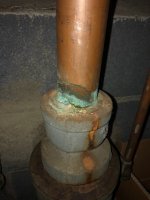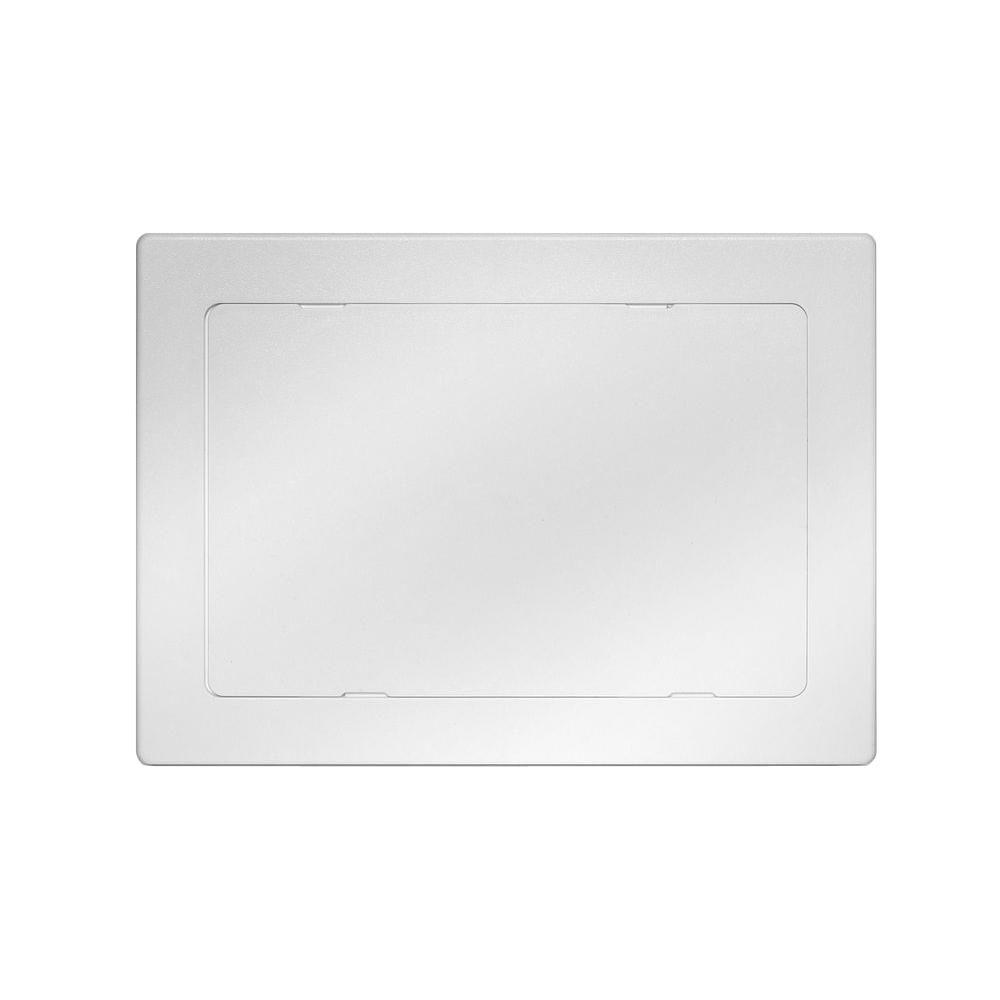PMGunz
New Member
My basement is being finished in a couple weeks and the drain lines will be hidden behind a wall. There is what appears to be a leaky joint on a drain line where a copper pipe goes into a cast iron fitting. The flash on my phone made it look like the cooper pipe is cracked, but it's just a shadow from some material that's pulled away from the pipe.
My questions are:
Should I attempt to repair this joint before it becomes inaccessible?
Is there an easy, recommended fix that a DIYer could do?
My questions are:
Should I attempt to repair this joint before it becomes inaccessible?
Is there an easy, recommended fix that a DIYer could do?



